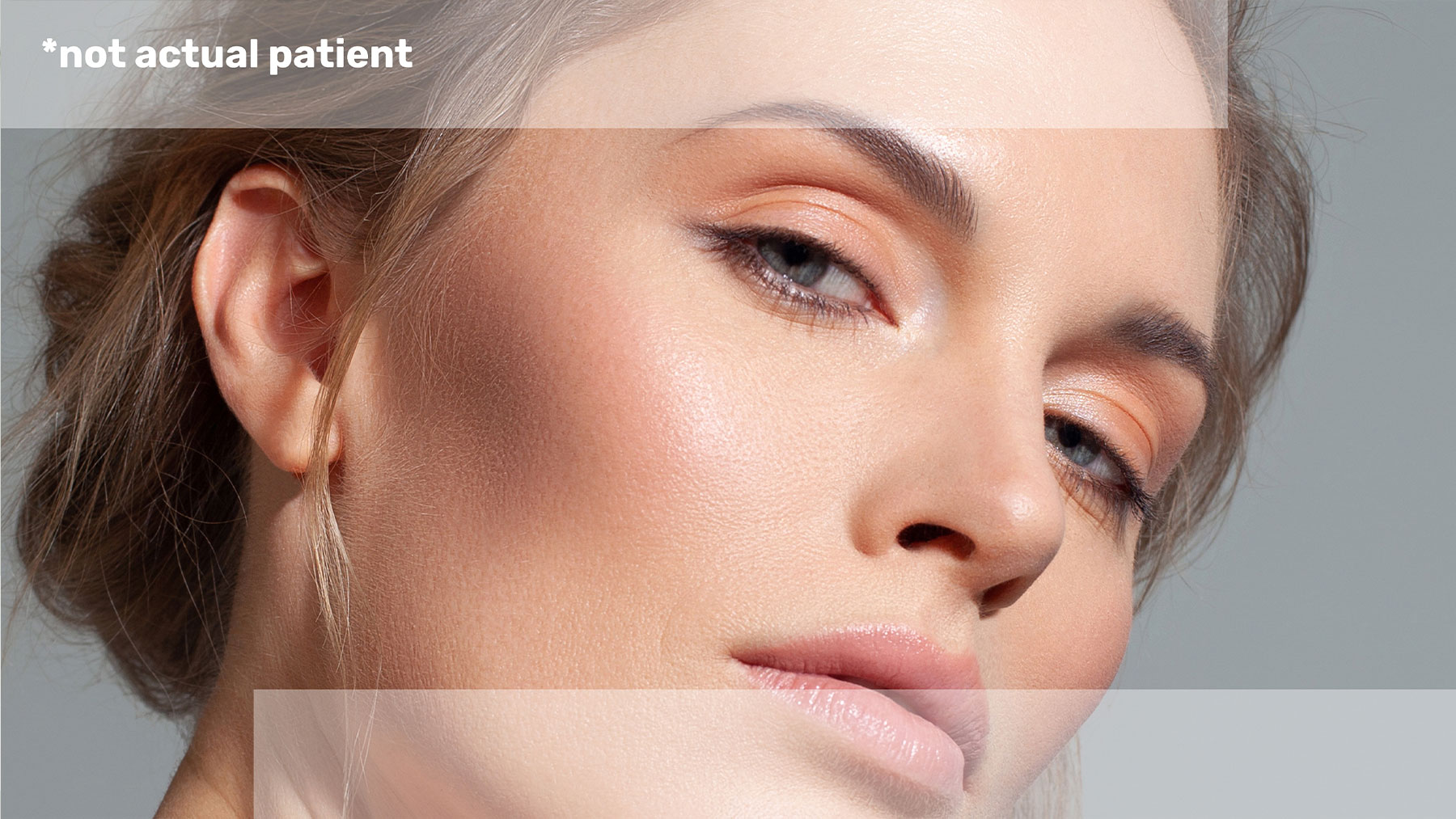Low-lying lids impact more than looks

If you've heard about acquired ptosis, you probably know that droopy eyelids can make you look tired or older and affect the way you see yourself. But did you know low-lying lids can have an impact on physical well-being, too?
For people with more severe ptosis, a droopy eyelid can cause visual impairment, potentially hindering regular daily activities like reading, driving, or even using a computer. For some patients, ptosis can even cause a loss of peripheral vision or blurry vision. If the eyebrow raises to try to compensate for this visual block, the muscles in the face can also get tired and sore.
Having a visual impairment from ptosis can even affect circadian rhythm! The amount of light that enters the eye has a direct effect on our ability to keep a normal sleep schedule. Low-lying lids can cover part of the eye and impact the amount of light that gets into the eye. If the brain doesn't receive enough light toward the end of the day, people with ptosis may find themselves tired earlier, effecting their sleep cycle and impacting their daily schedule.
So, ptosis can negatively affect appearance, the way the body functions – it's no surprise then to hear it can have a strong impact on mood, too. Whether it's a hit to their confidence, frustration toward not seeing well, or disappointment in feeling sore and unwell, it's not uncommon for low-lying lids to affect how ptosis patients feel about themselves.
If you think acquired ptosis may be affecting your quality of life, don't wait! Talk to your healthcare provider about a potential diagnosis.
